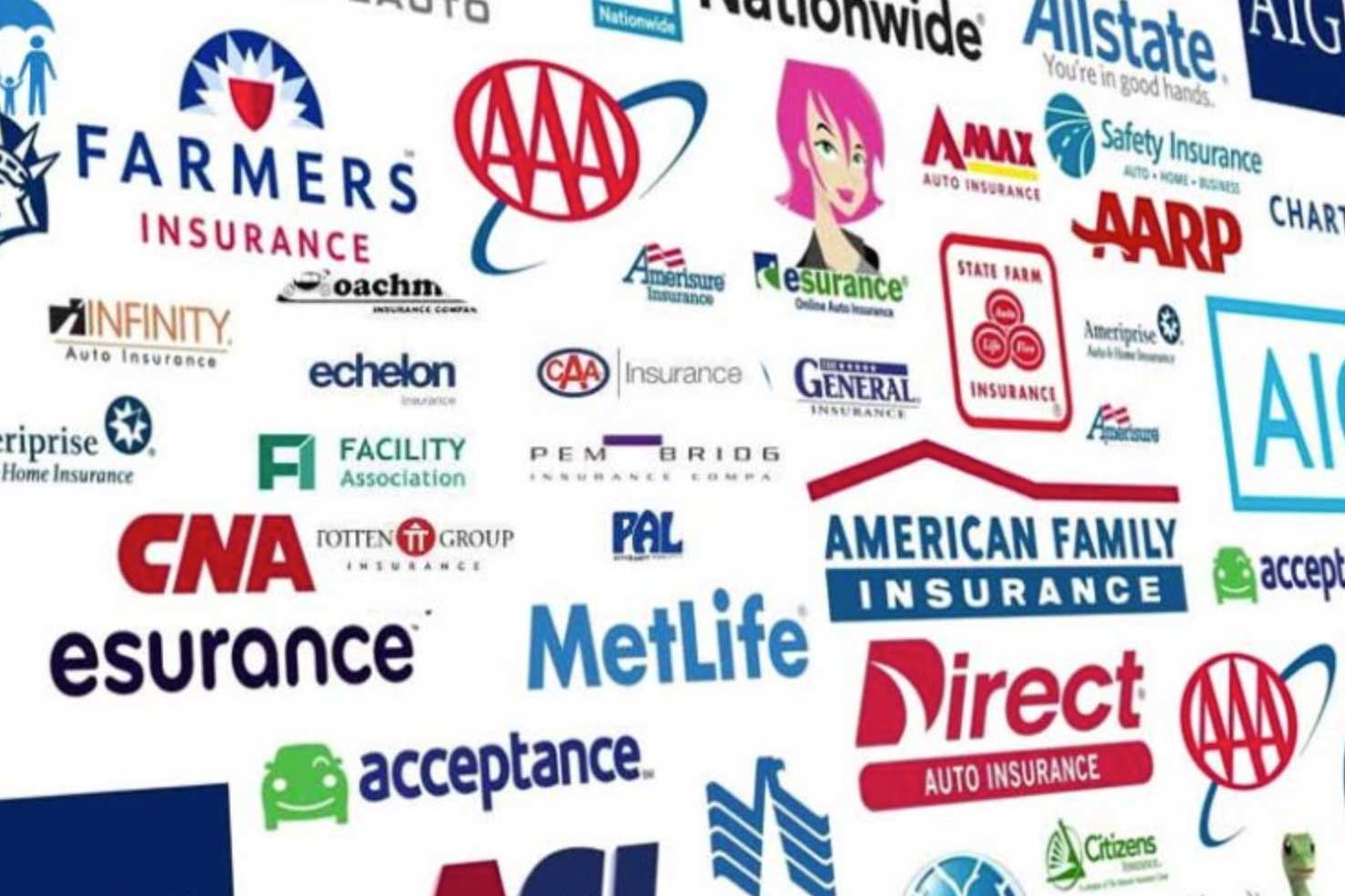Renting a home comes with its own set of risks. Unexpected events like fires or theft can cause massive losses, leaving you reeling financially.
Luckily, renters insurance protects your possessions against these hazards, ensuring your peace of mind. At Top Grade Insurance, we provide custom policies to safeguard your belongings and help you recover quickly from unforeseen events.

Protect your belongings
Although landlords may not always require renters insurance when you sign a lease agreement, investing in one can be very advantageous.

Our Coverage Options
Landlord policies typically exclude coverage for tenants’ personal belongings. So, if you want to safeguard your belongings against risks like vandalism, fire, and floods, taking out renters insurance is vital.
This covers the cost of replacing your belongings if damaged or stolen. It ensures that your valuables, such as furniture, electronics, and clothing, are protected no matter what happens.
This policy protects you if someone suffers an injury in your rented home or if you accidentally damage someone else’s property. It covers legal expenses, medical bills, and damages, ensuring that you’re financially secure in the face of unexpected incidents.
If a covered event renders your rental uninhabitable, loss of use coverage pays for temporary living expenses. For instance, it covers the cost of staying in a hotel or renting another place while your home undergoes repairs.
This policy helps pay for minor injuries that guests may incur in your home, regardless of who is at fault. It covers medical expenses such as doctor’s visits, hospital stays, and even minor surgery.
At Top Grade Insurance, we’re happy to customize a rental insurance policy that fits your budget and needs. Contact us today to speak to one of our agents, and let us design the perfect policy for you.
Frequently Asked Questions
- How much coverage can I have?
-
The amount of renters insurance coverage depends on your needs and chosen policy. Renters insurance typically includes two main types of coverage:
Personal Property Coverage: This protects belongings like furniture, electronics, and clothing from damage or theft. Coverage limits vary, starting from $10,000 to $30,000. You can increase coverage based on your possessions' value.
Liability Coverage: This covers legal or medical expenses for injuries in your rental unit. It also covers accidental damage to someone else's property. Standard policies offer $100,000 to $300,000 in liability coverage. Higher limits are available for extra protection.
You can add riders for valuables like jewelry, art, or electronics. Standard policies may limit coverage for these high-value items. Assess your belongings and risks to choose the right coverage.
- What is my deductible?
-
A deductible is what you pay before insurance helps. For example, with a $500 deductible on $2,000 damage, you pay $500. Insurance covers the remaining $1,500. Higher deductibles lower premiums but increase claim costs. Lower deductibles mean less out-of-pocket but higher premiums.
- What do I do if my neighbors property catches on fire?
-
If your neighbor’s property catches on fire, follow these steps to ensure your safety and protect your property:
Evacuate if Necessary: If the fire is close enough to pose a threat to your safety or property, evacuate immediately and call 911. Do not wait for the fire to spread.
Call 911: Even if the fire is next door, it’s important to alert authorities if they haven’t been notified yet. Quick response from emergency services can prevent the fire from spreading.
Notify Your Landlord: Inform your landlord about the situation as soon as possible, especially if there’s potential damage to the building.
Document Any Damage: If the fire spreads to your rental unit or causes smoke or water damage, document the damage with photos and notes. This will be important for insurance claims.
File an Insurance Claim: If your belongings or unit are damaged by the fire, contact your renters insurance company to file a claim. Renters insurance should cover your personal property and may help with temporary living expenses if your unit becomes uninhabitable.
It’s also a good idea to stay updated on the situation and follow any evacuation orders or guidance from emergency responders. - What do I do if my upstairs neighbor has a flood?
-
If your upstairs neighbor has a flood, it’s important to act quickly to minimize damage and protect your belongings. Here’s what you should do:
Notify Your Neighbor: If you haven’t already, inform your upstairs neighbor about the flood immediately in case they’re unaware.
Contact Your Landlord or Property Manager: Let your landlord or property manager know about the situation as soon as possible so they can address the issue and stop further damage to the building.
Move Belongings to Safety: If water is leaking into your unit, move any valuable or sensitive items (electronics, furniture, etc.) to a dry area to prevent damage.
Document the Damage: Take photos and videos of any damage to your belongings or unit caused by the flooding. This will help with your insurance claim.
File a Renters Insurance Claim: Contact your renters insurance provider to file a claim for any damaged personal property. Renters insurance should cover your belongings if they’re damaged by water from the upstairs unit, but it typically doesn’t cover the building itself—your landlord’s insurance should handle that.
Seek Temporary Accommodations (if necessary): If the flooding makes your apartment uninhabitable, renters insurance may also cover temporary living expenses until repairs are completed.
Taking prompt action can help prevent further damage and ensure that any losses are covered.
 Get Detailed Quote
Get Detailed Quote 



















